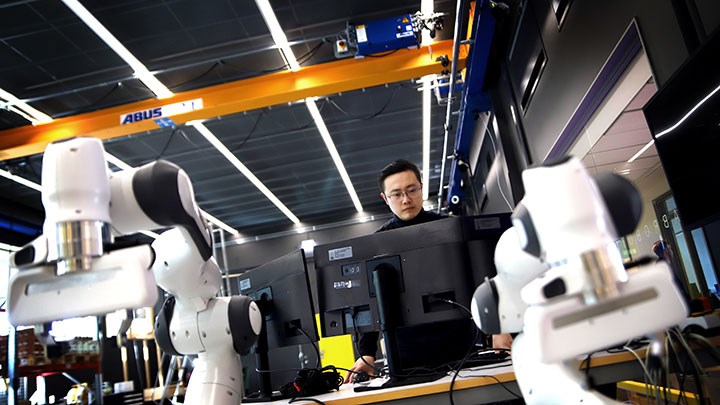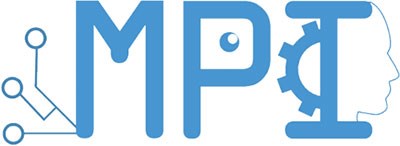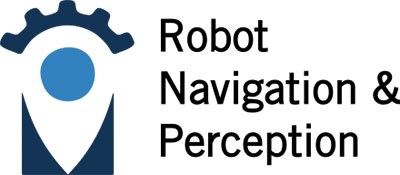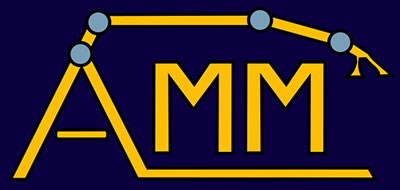Research groups within ARC

ARC connects researchers in artificial intelligence and robotics, integrating them across a broad range of topics, and unites them under a single framework. The synergies hold great potential to boost Örebro University’s impact on the development of the field locally, nationally, and internationally.
Research groups linked to ARC
Machine Perception and Interaction
Machine Perception and Interaction aims to develop methods and techniques for extracting meaningful information from sensor data emerging from complex physical systems, such as robots and sensor networks.
Research leader: Amy Loutfi, professor of computer science.

Robot Navigation & Perception
Robot Navigation & Perception researches how to enable robots to sense and operate in the real world. By processing sensor inputs, robots understand their environment, navigate through mapping, localisation, planning, and control, predict future events, and interact seamlessly with their surroundings, including humans.
Research leader: Martin Magnusson, professor of computer science.

Adaptive and Interpretable Learning Systems
Adaptive and Interpretable Learning Systems researches interpretable and adaptive machine learning methods (i.e., models and algorithms). The goal is to develop learning systems that can transfer knowledge, learn continually with new data and dataset shifts, and generate insights.
Research leader: Johannes Andreas Stork, senior lecturer in computer science.
AI-Econ Lab
AI-Econ Labs investigates how rapid advances in artificial intelligence reshape the nature of work – particularly for white-collar workers and within the service sector. Researchers combine tools from several disciplines and granular data to deliver valuable research insight on how businesses and workers thrive in the presence of artificial intelligence.
Research leader: Magnus Lodefalk, senior lecturer in economics.

Molecular systems biology
Molecular systems biology aims to understand how biological systems function by examining their components. Primarily, it focuses on cellular communication: How do cells sense their environment, interpret changes, and respond to signals from other cells, such as during an infection.
Research leader: Marcus Krantz, researcher in biomedicine.
OPaL – The Open Parliament Laboratory
OPaL is focused on creating a research infrastructure to support and facilitate the use and analysis of big data. The research environment is based on the Swedish Parliament’s open data. Within the framework of OPaL, a search engine and analysis tools are being developed to support research on parliamentary open data in the social sciences and humanities.
Research leader: Christian Lundahl, professor of education.
Autonomous Mobile Manipulation Lab
Autonomous Mobile Manipulation Lab strives to enable mobile robots to perform complex interactions with their environment. The group conducts research on perception and motion synthesis for mobility and manipulation.
Research leader: Todor Stoyanov, senior lecturer in computer science.

Cognitive Robotic Systems Lab
Cognitive Robotic Systems Lab develops cognitive robotic systems that can not only sense their environment and act upon it but also understand and reason about it. The research combines AI and robotics, with applications in areas such as home care, industry, and environmental monitoring.
Research leader: Alessandro Saffiotti, professor of computer science.
